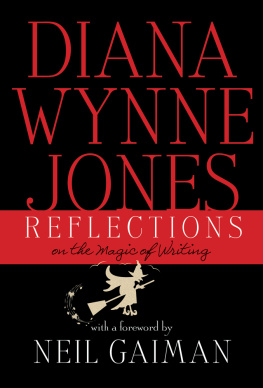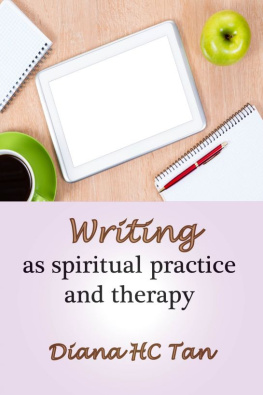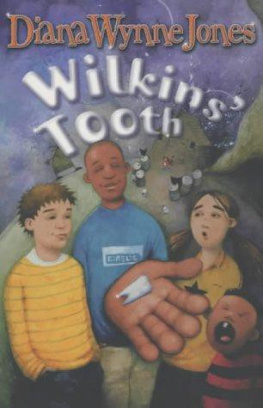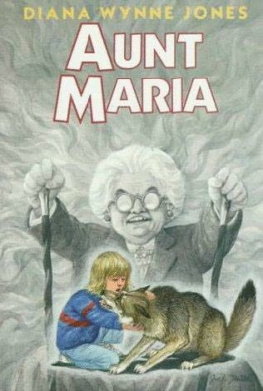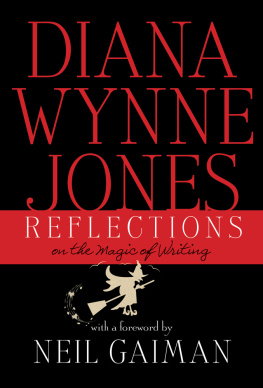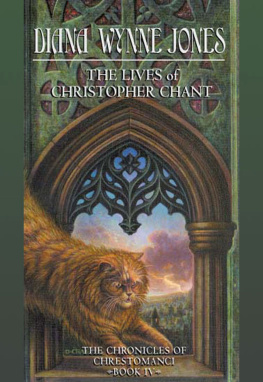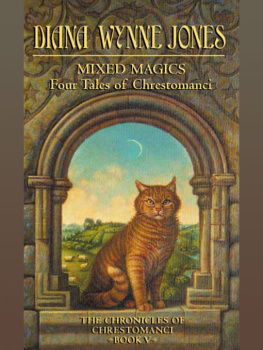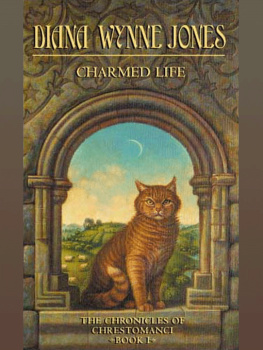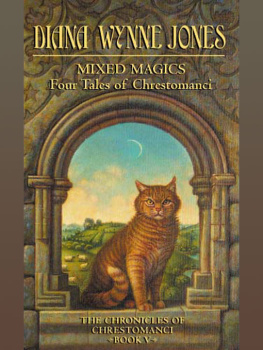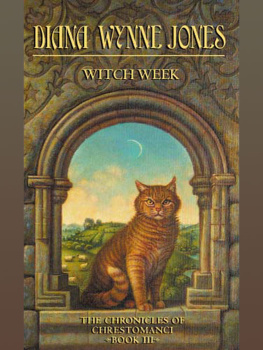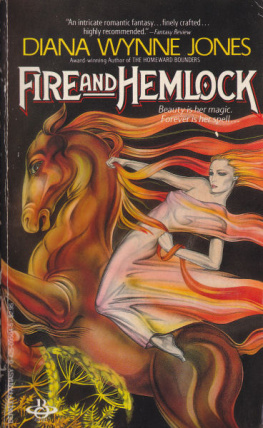
Contents
I t was easy, when you knew her, to forget what an astonishing intellect Diana Wynne Jones had, or how deeply and how well she understood her craft.
She would certainly strike you when you met her as being friendly and funny, easygoing and opinionated. She was a perceptive reader (I had the enormous pleasure of spending a week with her at the Milford Writers Workshop, hearing her opinions on story after story) but she rarely talked about stories technically. She would tell you what she loved, and she would tell you how much she loved it. She would tell you what she didnt like, too, but rarely wasted breath or emotion on it. She was, in conversation about stories, like a winemaker who would taste wine, and discuss the taste of the wine and how it made her feel, but rarely even mention the winemaking process. That does not mean she did not understand it, though, and understand every nuance of it.
The joy for me of reading these essays and thoughts, these reflections on a life spent writing, was watching her discuss both her life and the (metaphorical) winemaking process.
She does not describe herself in this book, so I shall describe her for you: she had a shock of curly, dark hair and, much of the time, a smile, which ranged from easygoing and content to a broad whorl of delight, the smile of someone who was enjoying herself enormously. She laughed a lot, too, the easy laugh of someone who thought the world was funny and filled with interesting things, and she would laugh at her own anecdotes, in the way of someone who had simply not stopped finding what she was going to tell you funny. She smoked too much, but she smoked with enthusiasm and enjoyment until the end. She had a smokers chuckle. She did not suffer fools of the self-important kind, but she loved and took pleasure in people, the foolish as well as the wise.
She was polite, unless she was being gloriously rude, and she was, I suppose, relatively normal, if you were able to ignore the swirls and eddies of improbability that bubbled and crashed around her. And believe me, they did: Diana would talk about her travel jinx, and I thought she was exaggerating until we had to fly to America on the same plane. The plane we were meant to fly on was taken out of commission after the door fell off, and it took many hours to get another plane. Diana accepted this as a normal part of the usual business of travel. Doors fell off planes. Sunken islands rose up beneath you if you were in boats. Cars simply and inexplicably ceased to function. Trains with Diana on them went to places they had never been before and technically could not have gone.
She was witchy, yes, and in charge of a cauldron roiling with ideas and stories, but she always gave the impression that the stories, the ones she wrote and wrote so very well and so wisely, had simply happened, and that all she had done was to hold the pen. My favorite essay in this book describes her writing process and shows the immense amount of craft and care that went into each book.
She made a family, and without her family she would not have written. She was well loved, and she was well worth loving.
This book shows us a master craftswoman reflecting on her life, her trade, and the building blocks she used to become a writer. We will meet, in these reflections, someone who has taken the elements of a most peculiar childhood (are there any non-peculiar childhoods? Perhaps not. They are all unique, all unlikely, but Dianas was unlikelier than most) and a formidable intellect, an understanding of language and of story, a keen grasp of politics (on so many levelspersonal, familial, organizational, and international), an education that was part autodidactic but in which, as you will learn here, C. S. Lewis and J. R. R. Tolkien both lectured for her, even if she was never quite sure what Tolkien was actually saying, and then, armed with all these things, becomes quite simply the best writer for children of her generation.
I am baffled that Diana did not receive the awards and medals that should have been hers: no Carnegie Medal, for a start (although she was twice a runner-up for it). There was a decade during which she published some of the most important pieces of childrens fiction to come out of the U.K.: Archers Goon , Dogsbody , Fire and Hemlock , the Chrestomanci books... these were books that should have been acknowledged as they came out as game changers, and simply werent. The readers knew. But they were, for the most part, young.
I suspect that there were three things against Diana and the medals:
First, she made it look easy. Much too easy. Like the best jugglers or slack-rope walkers, it looked so natural that the reader couldnt see her working and assumed that the writing process really was that simple, that natural, and that Dianas works were written without thought or effort or were found objects, like beautiful rocks, uncrafted by human hand.
Second, she was unfashionable. You can learn from some of the essays in this volume just how unfashionable she was as she describes the prescriptive books that were fashionable, particularly with teachers and those who published and bought books for young readers, from the 1970s until the 1990s: books in which the circumstances of the protagonist were, as much as possible, the circumstances of the readers, in the kind of fiction that was considered Good For You. What the Victorians might have considered an improving novel.
Dianas fiction was never improving, or if it was, it was in a way that neither the Victorians nor the 1980s editors would have recognized. Her books took things from unfamiliar angles. The dragons and demons that her heroes and heroines battle may not be the demons her readers are literally battlingbut her books are unfailingly realistic in their examinations of what its like to be, or to fail to be, part of a family, the ways we fail to fit in or deal with uncaring carers.
The third thing that Diana had working against her was this: her books are difficult. Which does not mean that they are not pleasurable. But she makes you work as a reader. As an adult reader coming to a Diana Wynne Jones book I expected to reread great chunks of a book as I reached the end, all puzzled and filled with brow-crinkling How did she do that? and Now wait a minute, I thought... and I would put it together, and then see what she had done. I challenged her on this, and she told me that children read more carefully than adults did and rarely had that troubleand indeed, when I came to read Dianas books aloud to Maddy, my daughter, I discovered that they werent ever problematic or even hard. All the pieces were there for you. You just had to be paying attention to everything she wrote, and to understand that if there was a word on the paper, it was there for a reason.
I dont think she minded not having the medals. She knew how good she was, and she had generations of readers who had grown up reading and loving her work. She was read, and she was loved. As the years went on and the readers who had discovered her when young grew up and wrote about her, talked about her, wrote fiction influenced by her; as magical fiction for children became less unusual; as her books sold more with each year that passed, Diana knew that what she had written had worked, and found its readers, and that was all that, in the end, mattered.
I am a handful of years too old to have read Dianas books as a boy. I wish I hadshe would have been one of those people who formed the way I saw the world, the way I thought about it and perceived it. Instead, reading her, it felt familiar, and when, in my twenties, I read all of Dianas books that I could find, it felt like I was coming home.
Next page
